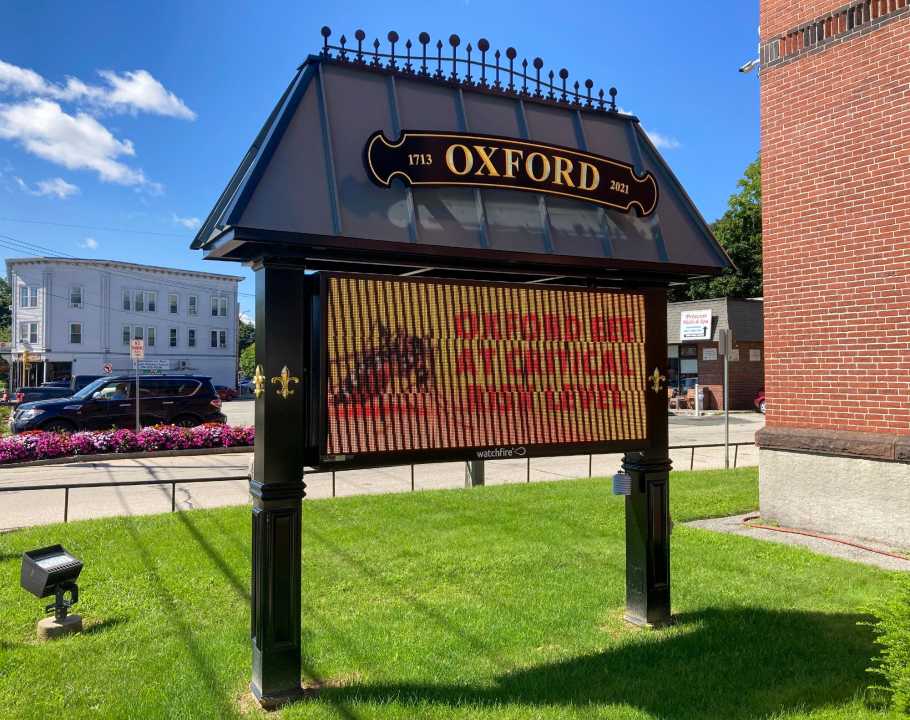Health
Massachusetts Towns Take Precautions Against Eastern Equine Encephalitis

A rare but serious mosquito-borne disease, Eastern Equine Encephalitis (EEE), has prompted a number of towns in Massachusetts to close public parks and fields in the evenings. This decision is in response to increased concerns following the first human case reported in the state since 2020.
The town of Plymouth, located approximately 40 miles southeast of Boston, announced the closure of all public outdoor recreation facilities from dusk until dawn after a horse in the town tested positive for EEE. Local health officials are urging residents to minimize outdoor activities during peak mosquito biting times.
Meanwhile, four additional towns, including Douglas, Oxford, Sutton, and Webster, have been identified as posing a “critical risk” due to a recent human infection in Oxford. State health officials have recommended that people in these areas finish outdoor activities by 6 p.m. until the end of September, and by 5 p.m. thereafter until the first hard frost.
Health officials have strongly advised that residents across Massachusetts use mosquito repellents and eliminate any standing water around their properties to reduce mosquito breeding sites. Concerns have been raised by the family of the man infected, emphasizing the severity of EEE and its potential physical and emotional consequences.
The Massachusetts Department of Public Health has reported that symptoms of EEE include fever, vomiting, diarrhea, headache, and seizures. The disease can be fatal, with approximately 30% of those infected dying from the illness. Existing records indicate that past outbreaks have seen multiple fatalities, highlighting the seriousness of the threat posed by EEE.
As part of efforts to control mosquito populations, the state is conducting aerial spraying of the pesticide Anvil 10+10, which is registered with the Environmental Protection Agency. The use of this pesticide is part of a broader initiative to combat both EEE and the West Nile virus, with several municipalities in the area at high risk for both diseases.












